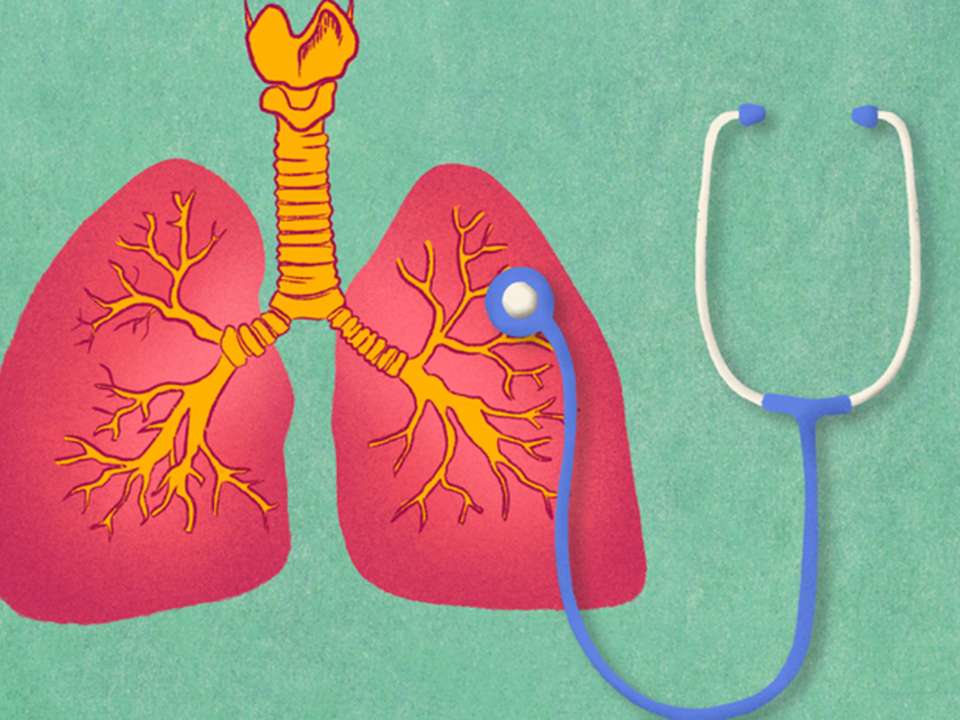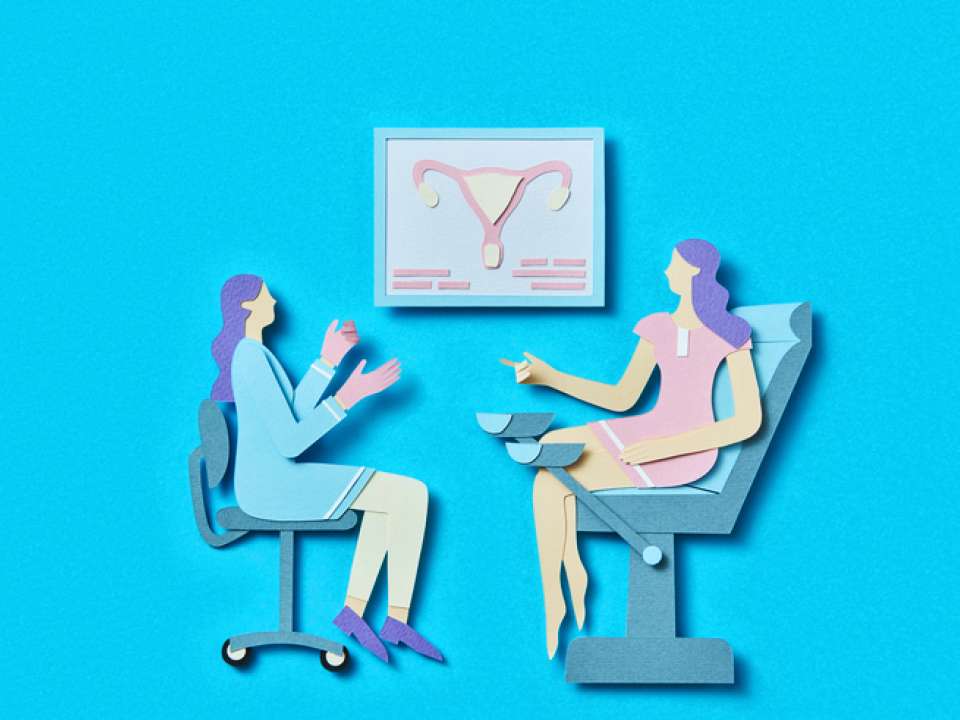
Like every couple, you and your man go through your share of ups and downs. You laugh, you bicker and then you kiss, make up and more (wink, wink).
But there may come a time in your relationship when you notice he’s just not that into sex anymore. What gives?
“A lack of sex drive is the best symptomatic marker for a low testosterone,” explains Dr. John Amory, a primary care physician who sees patients at the Men’s Health Center at UW Medical Center – Roosevelt. “If someone is used to having sex two or three times a week, and now it’s like once a month, that tells me their sex drive is less than it used to be.”
To help you understand just how this hormone affects your partner’s health (spoiler alert: it’s not just about sex), Amory explains what it means to have low testosterone and how your man can get his mojo back.
What is testosterone?
Testosterone is the most important male sex hormone.
That’s because it not only fuels a man’s development and physical appearance, giving him things like body and facial hair, it also results in sperm production and the ability for him to have kids.
Starting in puberty, a man’s testicles begin secreting testosterone. His levels of the hormone typically peak when he’s between 15 and 30 years of age and then naturally begin declining about 1% to 2% every year.
What role does testosterone play in men’s health?
Although it’s most known for fueling your fella’s frisky side, testosterone also plays an important part in maintaining his overall health and well-being.
“Testosterone is necessary to maintain muscle mass and bone density,” Amory says. “We know this because men who lose their testicles to cancer or who have prostate cancer and are put on medications to stop testosterone production get osteoporosis and weak muscles. And if a body builder were to take a lot of testosterone, they would get really big muscles.”
Along with keeping his bones and muscles healthy, testosterone also plays a role in regulating fat distribution and red blood cell production.
What are the signs of low testosterone?
Your partner doesn’t need to look like a body builder to show he has a normal amount of testosterone. Although low testosterone — also called low T — is strongly related to age, men of all sizes and ages can have it.
Some of the most common signs and symptoms to look out for are a decrease in his sex drive, erectile dysfunction, low energy, weak bones and decreased muscle strength. That said, a lot of these symptoms are associated with other health issues.
“Most of the men I see who tell me they have problems — they’re tired all the time, they have nonspecific symptoms, they lost their sex drive — end up having normal testosterone,” Amory says. “Only about 3% to 4% of men will have low testosterone.”
How can you find out if a man’s testosterone is too low?
Let’s say you and your partner haven’t gotten busy in a while, and he’s showing other symptoms of low T. What should you do now?
If he’s concerned, encourage him to talk to his doctor to see if his testosterone levels are to blame. Based on his symptoms and health condition, his doctor may suggest a blood test.
“We do a blood test early in the morning, when testosterone levels are high,” Amory says. “Then, if the first sample shows a low value, we’ll repeat the test another day to make sure the levels are actually low.”
How do you fix low testosterone?
The exact treatment options for your man will depend on the suspected cause of his low testosterone. For example, if there’s an underlying health condition to blame, such as a problem with the pituitary gland, treating the root cause will generally solve the problem.
Using opioids, being overweight and exercising way too much are all known to interfere with testosterone production, so making a plan to taper off medications, lose weight or cut back on physical activity is often the first step.
If that doesn’t work, or if another issue is to blame, his doctor may suggest long-term testosterone therapy. There are a few options from which he can choose, all dependent on his personal preferences.
One common therapy is testosterone shots, given every one to two weeks into a muscle. These can be painful, however, Amory notes. Gels or patches that he can apply directly onto his skin are other options, as are daily testosterone pills, which were approved by the Food and Drug Administration last year.
While testosterone therapy can be helpful for those who truly have low testosterone and are bothered by its symptoms, Amory notes that it’s not a wonder treatment that will cure everything that ails men.
“For the right patient, someone who is bothered by his symptoms, testosterone therapy is a good treatment,” he says. “That said, it’s not a panacea. Testosterone therapy is not going to cure symptoms of fatigue and other things that we all experience in the middle of our lives that are not due to a low testosterone.”

 Healthy ideas for your inbox
Healthy ideas for your inbox





